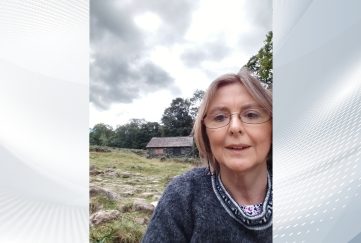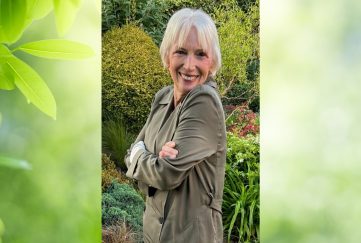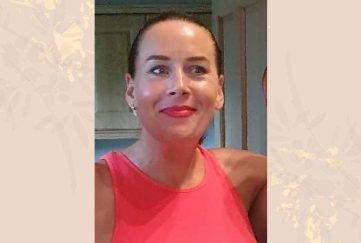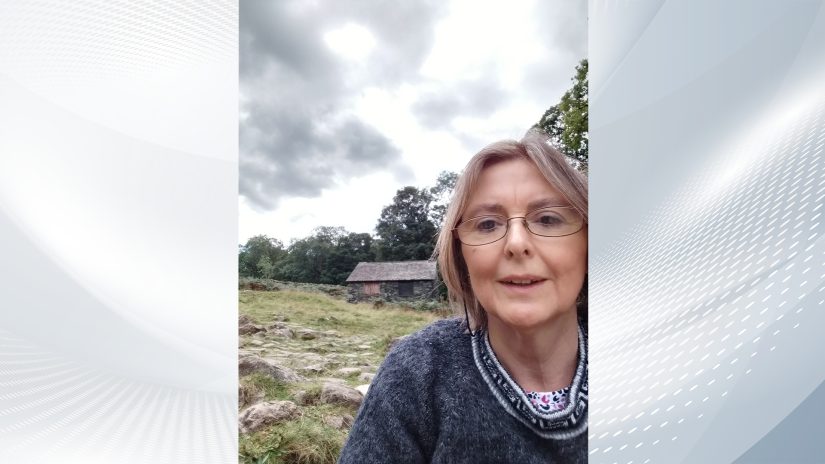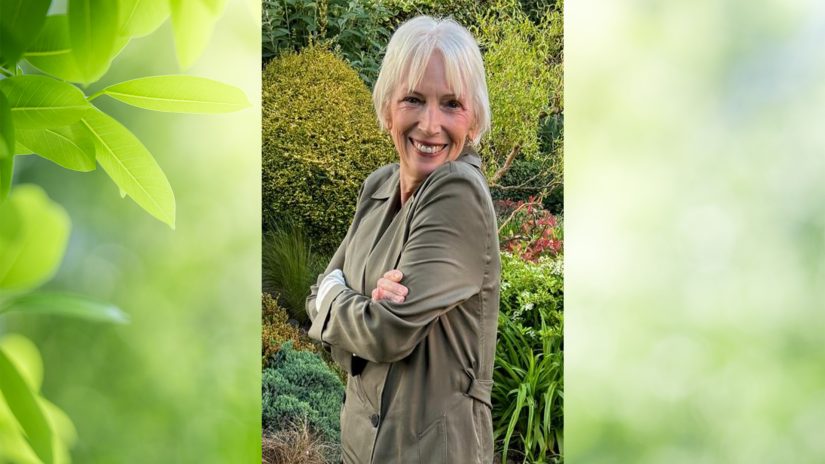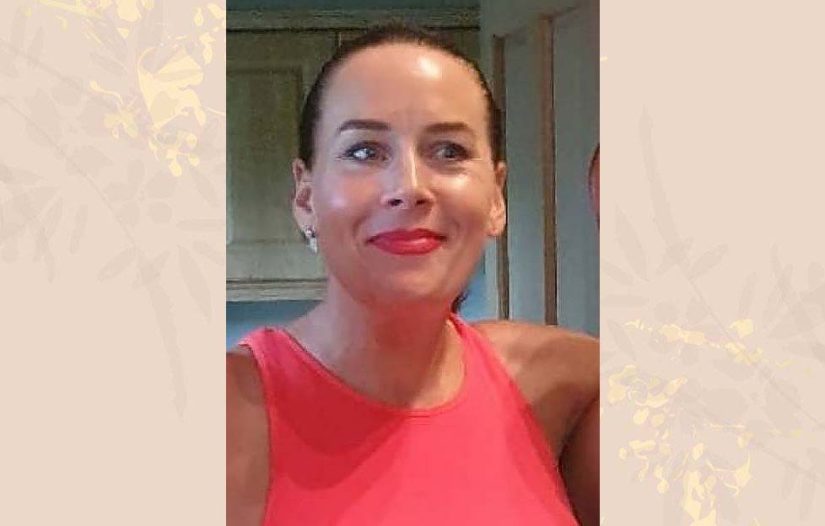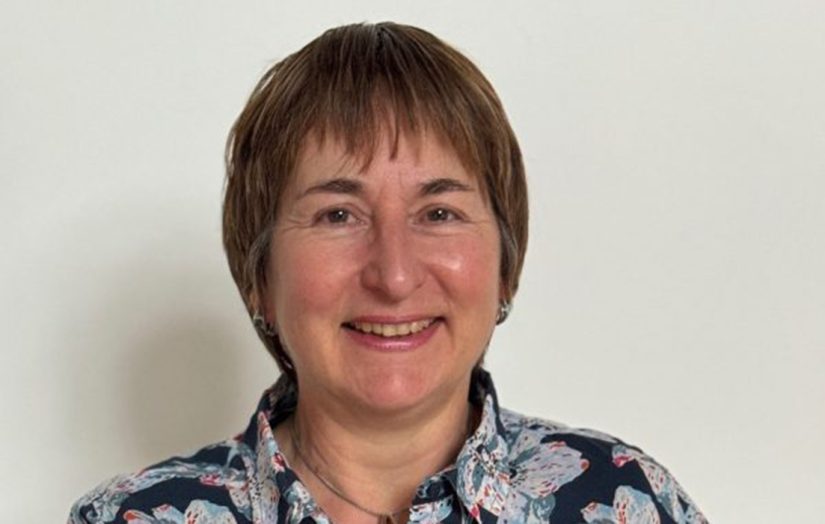Writer Of The Week: Cathy Cade
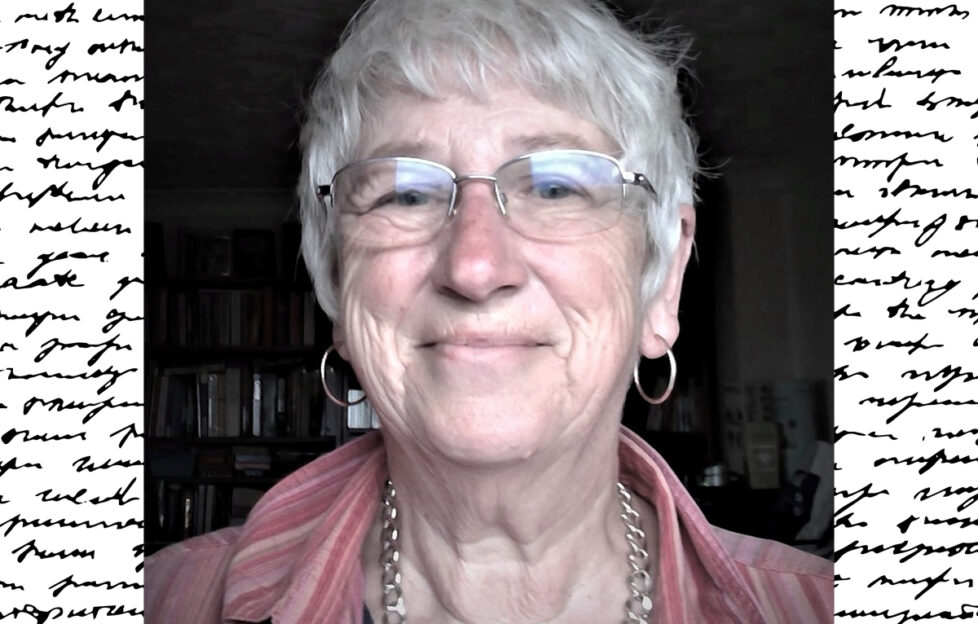
Our Writer of the Week is debut author Cathy Cade!
You can read her wonderful story ‘Making Amends’ in our weekly issue, out on Wednesday 18 May.
‘Making Amends’ is a touching story. Can you tell us a little bit about what inspired it?
I crochet in the evenings while watching TV. (It stops my hand reaching for the glass at my side too often). Like my protagonist I tried knitting, but I have yet to pick up a dropped stitch without leaving a scar.
Also like my protagonist, I have adult children. Since they were young, I have worried about the friends they choose, but managed to keep my thoughts to myself. I imagined my opposition might push them further towards the undesirables and pressure them to choose between friends and family. From such imaginings are stories born.
The story deals with real family issues but remains uplifting. Did you find it hard to find the right tone for the story?
I read an unattributed quote today on a website: “It’s sometimes important to know when to stop arguing with people and simply let them be wrong.”
Family issues can be challenging but, in life as well as my stories, I prefer to aim for reconciliation over strife.
How long have you been writing? Has being a published writer always been a dream of yours?
Not at all.
Having said that, I did pen a novel in my early twenties (when ‘pen’ was the literal term). I have no idea what I did with my illegible manuscript but when I started writing in retirement, I began by revisiting my old story idea. This “practise novel” sits on my computer still, awaiting a more informed re-write.
Realising I had a lot to learn, I took a creative writing course and joined a u3a writing group. Since then, I have had short stories longlisted, shortlisted, and placed in competitions. Other stories have been published in magazines and collections but having one in the “Friend” is a significant boost, as I know the competition is fierce.
At the moment, I am also editing our writing group’s fifth anthology. I seem to find editing easier than creating. Perhaps it’s the echoes of my library career still moving me to organise things.
Which writers do you admire most?
In my youth I devoured Mary Renault and Dorothy Dunnett (although re-reading a Mary Renault recently, it was interesting to find how dated the style seemed).
Later, with less time to read, authors came my way almost by accident. I’ve read everything by Ian Rankin and, more recently, Ben Aaronovitch. I enjoy Marian Keyes and Ann Cleeves . . . Are you seeing a pattern here?
Me neither.
As a child, I felt obliged to finish every book I began until defeated by the Bible (all those “begats”). Only recently have I allowed myself to give up on a book once I’d started it, maybe because I have been reading more indie authors to support bloggers I follow.
My lifetime favourite is still Terry Pratchett who clothed wisdom in humour and made it digestible.
Do you stick to short stories, or do you also enjoy writing longer fiction, poetry, scripts etc.?
For decades I devised rhyming clues for family treasure hunts, but there is no poetry in my soul. In an attempt to remedy this, I joined a website challenge to write a poem each month to a given prompt. I have ventured two or three of my efforts in blank verse, but I’m never confident that it’s poetry and not just prose arranged in short lines.
I have completed a couple of longer publications, both of which began as short stories. My book, “The Godmother“, is the amalgamation of three short stories written for a competition, (one of which was longlisted).
What do you hope our readers will take away from your writing?
Entertainment. I have yet to find my genre, but I read for entertainment and hope to entertain my readers. But I cannot consciously aim for humour. If phrases amuse, they have naturally fallen from the situation; I can’t force it.
I’m hopeless at telling jokes too.
What’s your top tip for an aspiring “Friend” writer?
Read lots of “Friend” stories and get a “feel” for the vibe the successful stories create.
Look for some way to make your story slightly different.
Keep reading. Stories change subtly year-on-year, in the same way (only less drastically) that Mary Renault’s writing reflected the era she was writing in.
Stay up-to-date with the Fiction Editor’s Blog. If more 1200-word stories are being submitted than the longer options, your longer story might be up against less competition. But this too may change.
Keep learning. Fellow writers online are immensely supportive, but check your sources’ authority and compare alternative views.
Expect rejections. They come with the territory, and they’re part of the learning curve. I’ve had plenty, but nobody has (yet) told me to stop wasting my time and take up knitting instead.
Visit Cathy’s website here.
Read more from our writers and artists here.


